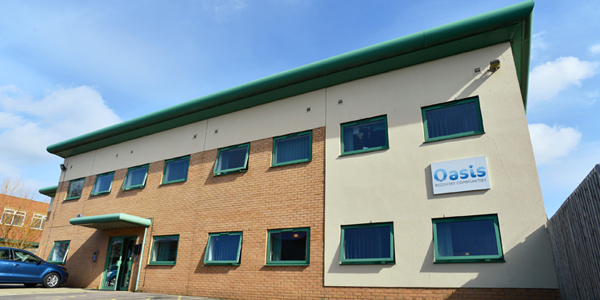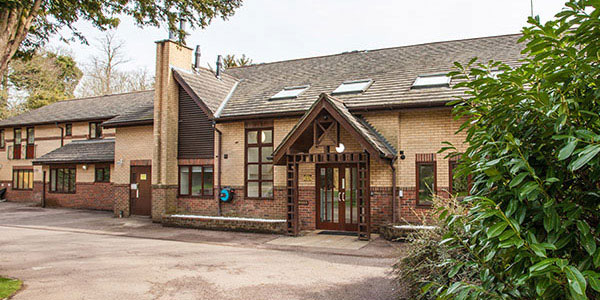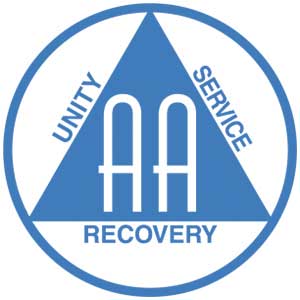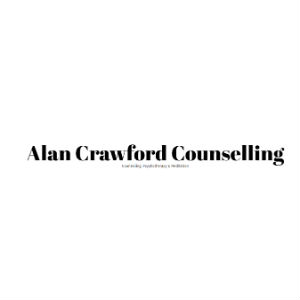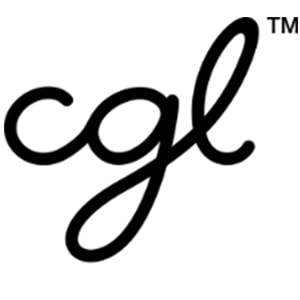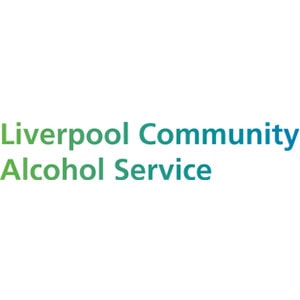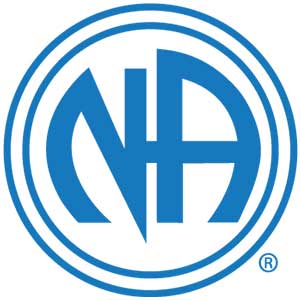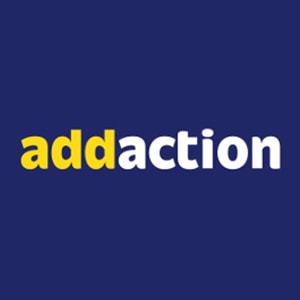Getting help for Addiction & Substance Abuse in Liverpool
Beating an addiction to drugs or alcohol requires eliminating the physical and psychological dependence, as well as addressing the behavioural issues that lead to addiction in the first place. Attempting to stop using drugs without any form of professional help can be extremely difficult, and at times dangerous where physical dependence has developed. Alcoholism or other forms of drug addiction impact physical and mental health—and it’s often the behavioural aspects of addiction that are most apparent and troubling to friends and family.
For the rehab process to be successful, significant behavioural changes are needed whilst in treatment. The recovery success rates depend entirely on the individual’s willingness for change and commitment to those changes long-term. All good rehab facilities in Liverpool should offer person-centred treatment which includes a comprehensive screening process. The treatment plan should be tailored to the needs of each individual, with regular monitoring and progress reports throughout the programme.
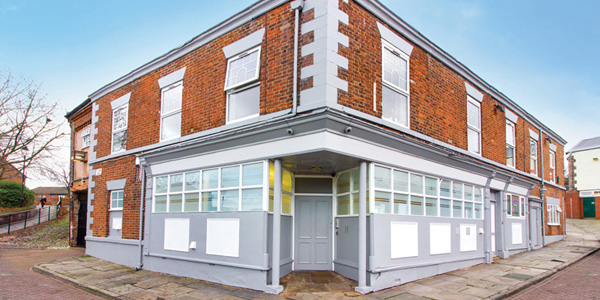
Oasis Runcorn is a detox and rehab unit offering a unique combination of tw…
- Private
- Holistic Treatment
- Tailored Treatment Programme
- Residential
UKAT Rehabs
Oasis Bradford was built in 2009, originally commissioned by the Department…
Banbury Lodge is a leading CQC approved detox, rehab and therapy clinic for…
Liberty House Clinic is a fully furbished detox and rehabilitation facility…
-
- 12 Step
- Group Setting
- Free
- Outpatient
-
- 12 Step
- Group Setting
- Free
- Outpatient
-
- Trauma Therapy
- Non 12 Step
- Holistic Treatment
- Outpatient
-
- Trauma Therapy
- Non 12 Step
- Holistic Treatment
- Outpatient
-
- Trauma Therapy
- Non 12 Step
- Holistic Treatment
- Outpatient
-
Windsor Clinic, University Hospital Aintree, Lower Lane, Liverpool, Merseyside, L9 7AL0 review
- Trauma Therapy
- Non 12 Step
- Holistic Treatment
- Outpatient
-
- 12 Step
- Group Setting
- Free
- Outpatient
-
- 12 Step
- Group Setting
- Free
- Outpatient
-
Rotunda Enterprise, 107 Great Mersey Street, L5 2PL0 review
- Under 18’s
- Group Setting
- Free
- Outpatient
- Load More
Drug & Alcohol Rehab Services in Merseyside
- A
- B
- C
- D
- E
- F
- G
- H
- I
- J
- K
- L
- M
- N
- O
- P
- Q
- R
- S
- T
- U
- V
- W
- X
- Y
- Z

How Does Rehab Work
Individuals receive treatment on a group and one-to-one basis, and have a customised treatment and recovery programme developed to fully address their specific needs. A psychiatric evaluation should be provided by certified psychiatrists. A rehab programme should be carried out by a team of addiction and mental health specialists, as well as spiritual counsellors, wellness specialists and medical staff.
In the UK the two main choices for rehab are inpatient residential rehab and outpatient programmes. Unfortunately, Inpatient residential rehab is rarely funded by the NHS, however outpatient programmes are available throughout Liverpool on a self-referral basis. Inpatient residential rehab has many significant benefits over outpatient programmes. Inpatient rehab enables the individual to detox from substances and alcohol in an enclosed, safe, environment, without giving in to any temptations.
What Happens During Alcohol and Drug Rehab in Liverpool
Rehab empowers people who are struggling with addiction to live meaningful lives without the need for any substances including alcohol. Qualified professionals aim to create an environment that is supportive, compassionate, and caring, so that individuals can begin the healing process and begin long-term recovery. However, not all residential programs are the same and a person struggling with drug or alcohol addiction may not know what the ideal residential treatment program looks like. It is important that before choosing a residential programme, you understand what it entails in terms of treatment and aftercare options.
A strong rehab programme should consist of individual therapy, group therapy and family therapy. Medical staff should be on standby 24-hours a day to help individuals through the detox phase, and address any concerns they may have regarding detox medication and psychotherapy. Good residential programmes should provide free aftercare as part of any programme, and should allow for regular sessions to promote long-term recovery. All rehab facilities in the UK are required to register with the Care Quality Commission (CQC). The CQC provide a rating of each individual rehab ranging from “Inadequate” to “Outstanding”. To get an understanding of a rehab’s performance, the CQC website is a great place to start, as they provide all inspection reports and summaries of any issues found.
Addiction Therapy & Treatment Options in Liverpool
When making enquiries, ask about the therapy programmes available to you. All good rehabs should have a few different therapeutic models to help those with psychological issues. If the individual presents mental health problems, it’s best to ask the centre if they specialise in treating dual-diagnosis. Dual-diagnosis is the presence of mental health conditions and addiction, a specialised treatment is recommended to effectively treat both conditions. A good rehab centre therefore, should be licensed to treat both addiction and mental health disorders – with the expertise to treat substance disorders without hindering on the state of any existing mental health problems (such as bipolar or depression).
Where dual diagnosis is concerned, several factors must be taken into consideration for the individuals well-being – such as the ongoing use of existing psychiatric medication as well as therapy undergone prior to rehabilitation. The first stage of rehab is detox. Detox works to eliminate mind-altering substances from the body before psychological treatment can commence.
Medical Alcohol and Drug Detox
Detox is a treatment designed to break the physical and psychological addiction resulting from drug and alcohol misuse. A medical detox aides in safely getting individuals through the worst of withdrawal, by using detox medication, it eliminates any dangerous symptoms and reduces cravings that may result from sudden withdrawal. Detox medication is not always necessary, and is often only recommended for those who are dependent on barbiturates, opiates, benzodiazepines, and alcohol.
Medical professionals will decide whether a medically-assisted detox is required, with special considerations around the individuals needs and any existing mental health conditions. It is recommended that the detox phase is pursued within a residential setting, so that medical professionals can monitor withdrawal symptoms and any health complications.

Therapy for Alcohol and Drug Addiction
The rehabilitation phase begins once the individual completes their detox. Clinicians should utilise a large array of therapeutic models to create a personalised treatment plan. One-to-one sessions should explore psychotherapy in the form of Cognitive Behavioural Therapy (CBT) and Dialectical Behavioural Therapy (DBT), amongst others. Group sessions should also take the form of talking therapies, but may include different forms of psychotherapy such as Drama Therapy, Art Therapy, and Meditation. The goal for individuals is to create the optimal environment to explore new ways of thinking, to form bonds with peers and to seek healthy, rewarding stimuli without the need for drugs or alcohol.
How Long is Rehab?
The length of stay will vary depending on individual circumstances, with the majority of inpatient programmes ranging from 14 days up to 90 days. Extended rehab programmes have been shown to of recovery, so it may be best to choose a longer rehab programme. Some inpatient rehabs have options that are “detox only” – but uk-rehab does not endorse this – as detox alone rarely addresses the underlying causes of addictions. Consider a 60-90 day treatment programme for optimal recovery. This will allow for better adjusting to a life without substances, and for the therapy to have a long-lasting impact on spiritual and emotional well-being.
Cost of Alcohol and Drug Rehab
A large portion of the overall cost of rehab is from Detox, as well as the length of stay and services provided. Other things to consider include amenities and location. Typically, an inpatient rehab centre charges £5000 – £10000 for a 30-day treatment. Cost should never be a barrier to seeking addiction treatment, as often maintaining an addiction has far greater cost implications longer-term.
Consider how much you currently spend to maintain your addiction and the health ramifications caused by substance abuse. S
Nearest CQC Registered Rehab to Liverpool
The nearest CQC-registered rehab clinic we recommend near Liverpool is Oasis Runcorn. This Rehab offers a complete and comprehensive addiction treatment programme for alcohol and drug addictions and has a good/outstanding CQC rating, in addition, treatment plans for existing mental health conditions are also included and 1-year free aftercare for both the individual and their families are provided.
If you are looking for treatment outside of Liverpool, UKAT provides many rehab facilities across the UK, all of which provide the same level of expertise and service. For more information on UKAT, speak to their addiction treatment specialists on 0203 870 3824 .


